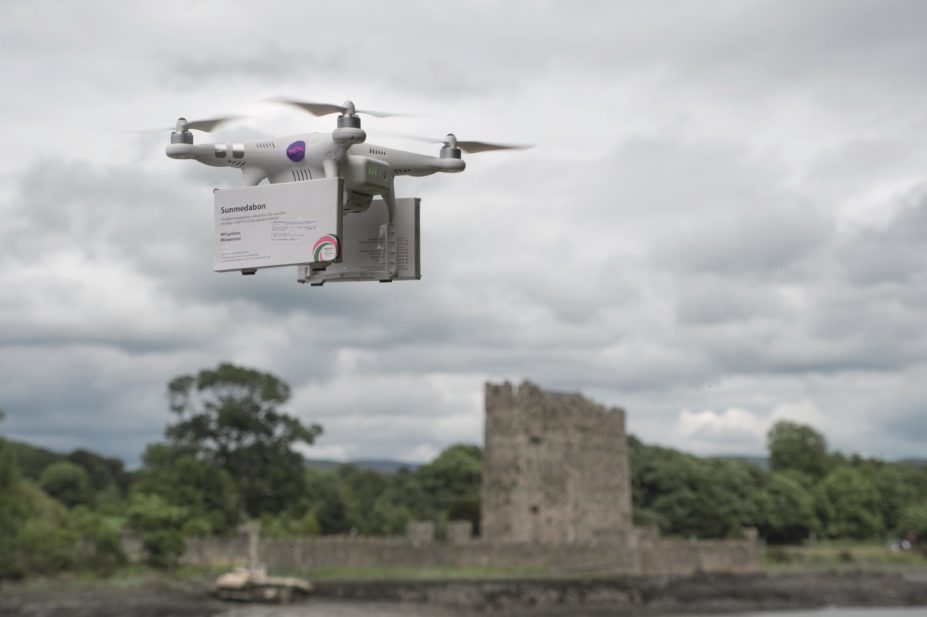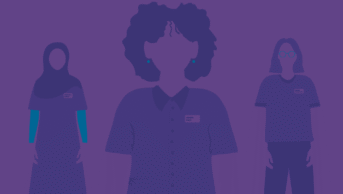
Marc Godefroy
A drone carrying abortion pills landed in Northern Ireland on 21 June 2016 as part of a stunt organised to highlight the strict abortion laws in the province.
The drone flew from the Republic of Ireland and landed at Narrow Waters Castle near Warrenpoint in Northern Ireland where it was met by two women who took the mifepristone and misoprostol pills that it was carrying.
The stunt was organised by pro-choice groups Alliance For Choice, Rosa, Labour Alternative and Women on Waves. Police attended but did not try to stop the women consuming the pills. It is not known whether either of the women were pregnant.
The UK’s Abortion Act 1967 does not extend to Northern Ireland, where it is unlawful to perform an abortion except to preserve the life of the mother, or where there is a serious long-term risk to her physical or mental health. Anyone using drugs to induce miscarriage in Northern Ireland faces a maximum penalty of life imprisonment under the 1861 Offences Against the Person Act.
In April 2016, a 21-year-old woman from Northern Ireland received a three-month sentence, suspended for two years, for carrying out her own abortion using pills she bought over the internet.
Mifepristone and misoprostol can be taken up to nine weeks into pregnancy and are taken in two steps: mifepristone is taken to block progesterone and soften the cervix, then misoprostol is taken, which prompts uterine contractions and the pregnancy is usually expelled within six to eight hours.
The medicines have been on the World Health Organization’s list of essential medicines since 2005, meaning that access to them is enshrined in international human rights law.
Courtney Robinson from Labour Alternative, one of the women who swallowed the pills, says: “Information about whether I am pregnant or not is protected by my right to privacy. The right to safe abortion should be a private matter but by criminalising it has instead become a political issue. I have the human right to access and use these medicines.”
You may also be interested in

Women in midlife: what if there’s more?
Sarah Cockbill (1947–2026)
